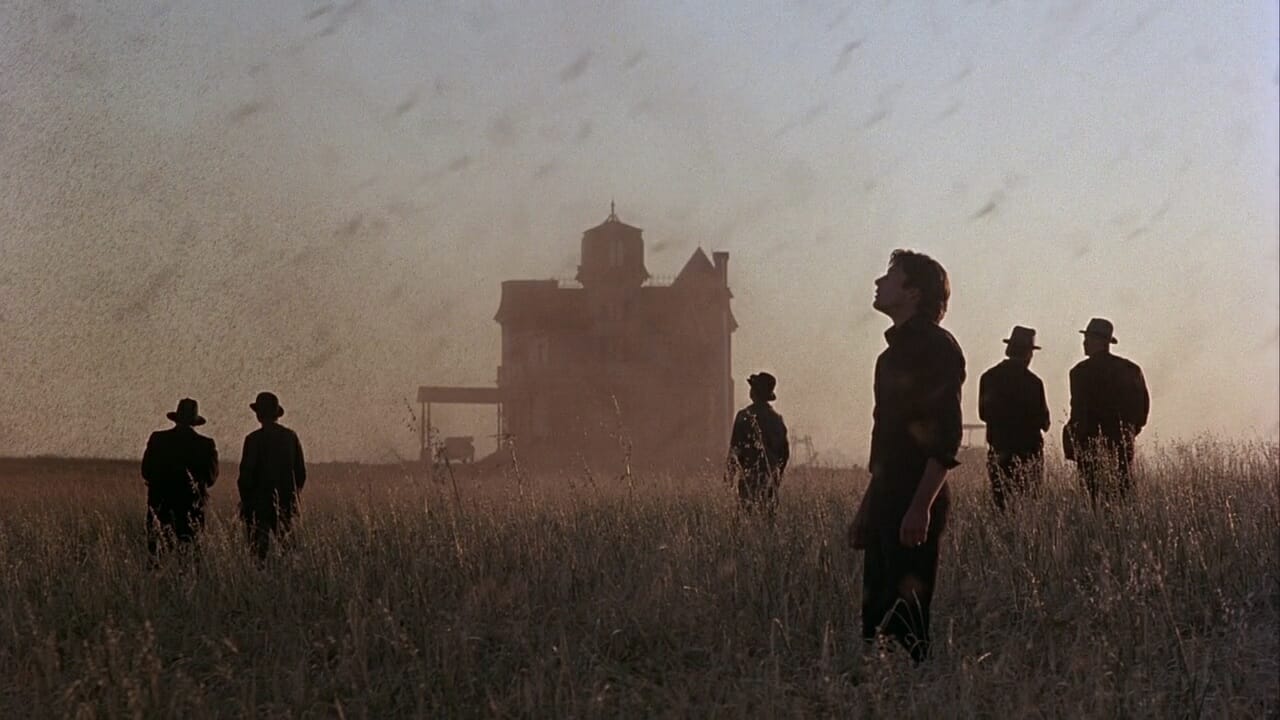-
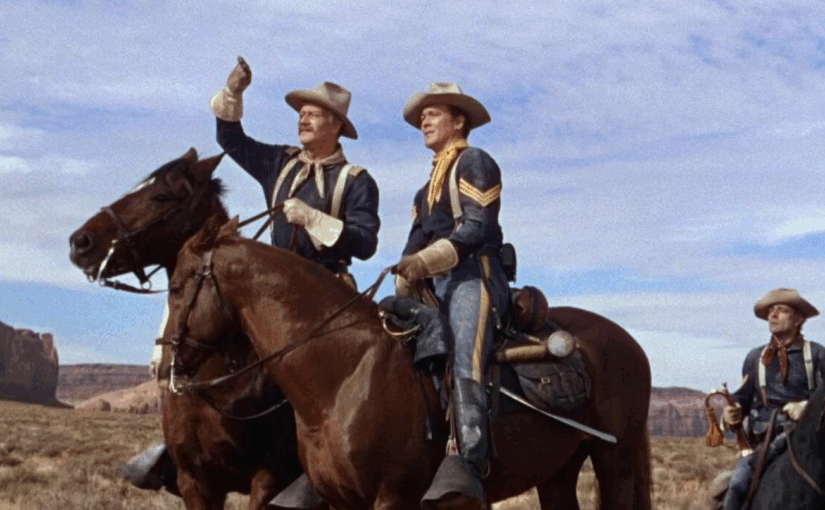
She Wore a Yellow Ribbon (1949)
John Ford’s sentimental mythologising cannot be criticised for a lack of rousing sincerity in She Wore a Yellow Ribbon, commemorating the dutiful perseverance of one Old West cavalry troop seeking peaceful resolution to a historic conflict, and basking in the vibrant majesty of the rugged American wilderness.
-
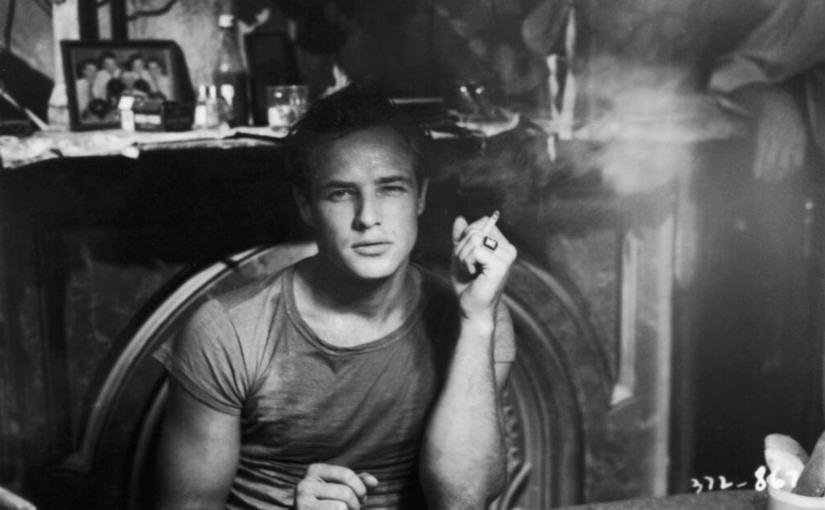
The 50 Best Male Actors of All Time
The greatest male actors of film history, from magnetic leading men to comedic geniuses.
-
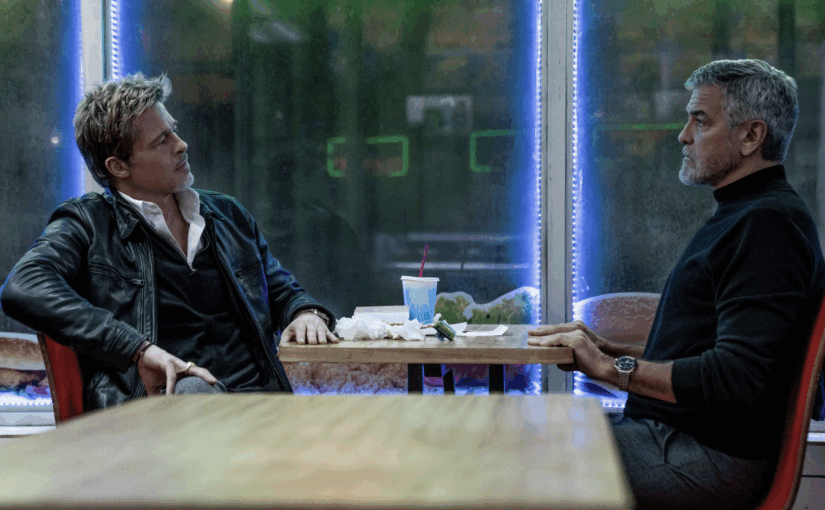
Wolfs (2024)
George Clooney and Brad Pitt’s fixers require a certain independence to get their criminal work done, so when their reluctant partnership threatens to steer a job off track in Wolfs, a snarky buddy dynamic emerges that pulls them through the seedy underbelly of Manhattan.
-
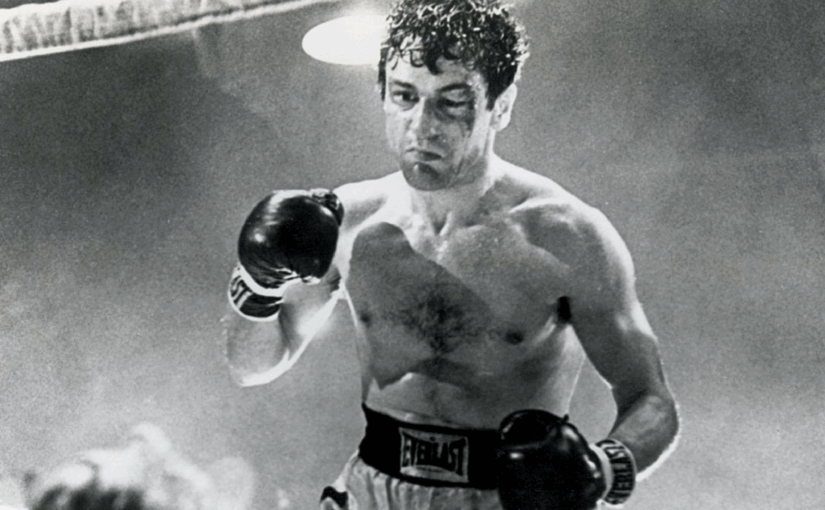
The 100 Best Male Performances of All Time
The greatest male performances of film history, from morally compromised antiheroes to charming romantic leads.
-

Letter Never Sent (1960)
The struggle to survive in the Siberian wilderness of Letter Never Sent is as psychological as it is physical, swallowing four diamond-hunting adventurers up in its primordial chaos, and forcing us through Mikhail Kalatozov’s daunting camerawork to bow down before its ravaging elemental forces.
-
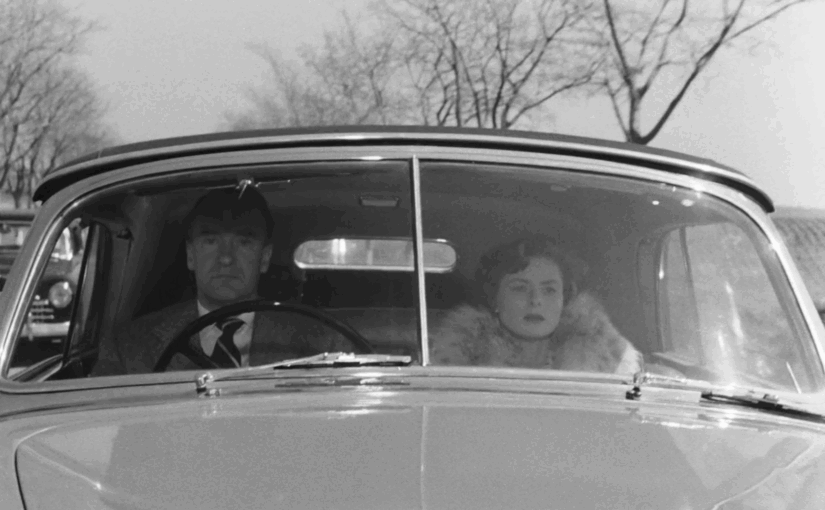
Journey to Italy (1954)
Roberto Rossellini’s casting of one trouble marriage against the crumbling, historical ruins of Naples reveals rocky foundations in Journey to Italy, deeply pondering how we let our mortality define our relationships, and the existential loneliness which organically emerges from them.
-
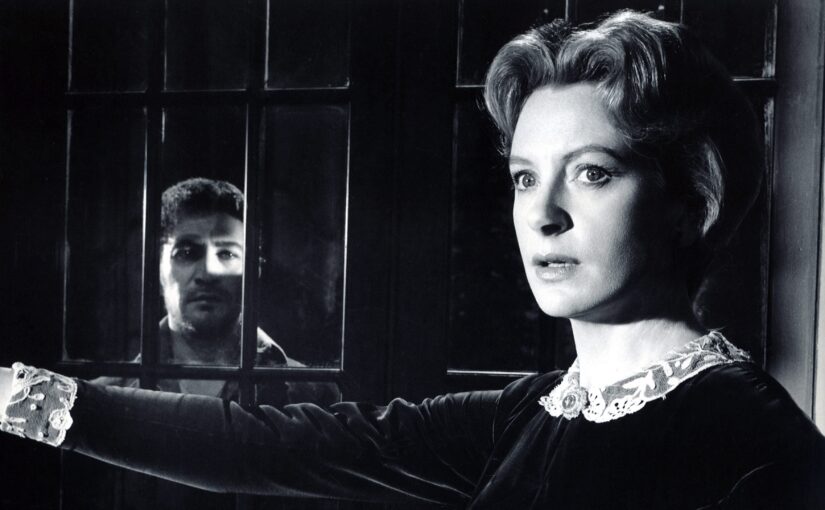
The Innocents (1961)
There seems to be a sinister influence taking hold of the children that governess Miss Giddens is tasked with caring for in The Innocents, though as Jack Clayton sinks us into her tortured, repressed mind, so too are the lines blurred between unholy evil and those who obsessively seek to conquer it.
-
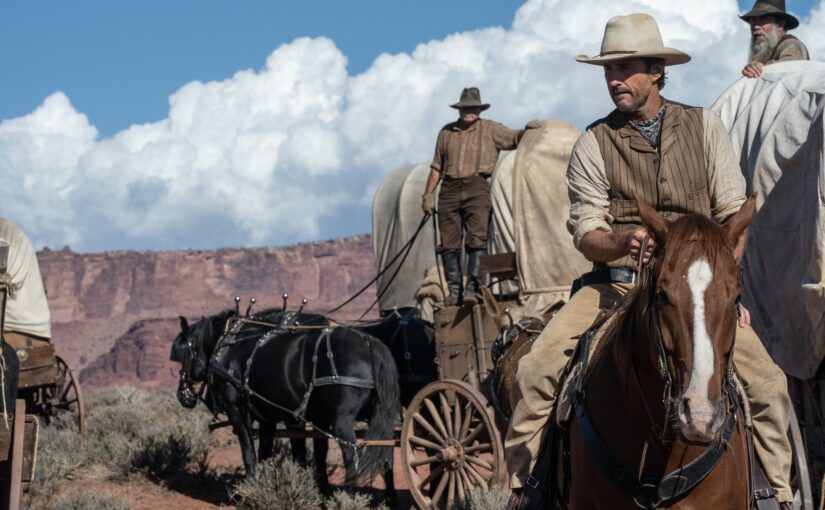
Horizon: An American Saga – Chapter 1 (2024)
Featuring a vast array of natural locations and rich characters, Kevin Costner announces a project so majestically bloated in Horizon: An American Saga – Chapter 1 that it threatens to dilute its own focus, yet which still etches out a sprawling, Western mythology refusing to be defined by a single perspective.
-

Alien: Romulus (2024)
Through an attempted escape from corporate servitude and an unnatural distortion of biology, Alien: Romulus disturbingly examines the treacherous magnitude of human ambition, as well as the inhumanity which ironically threatens to cannibalise us in the process.
-

Blow-Up (1966)
Michelangelo Antonioni sweeps us away by the tantalising prospect of conspiracy when fashion photographer Thomas accidentally captures a murder in Blow-Up, demonstrating the powerful tool of perception that is an artist’s eye, yet also questioning whether such intensive scrutiny may lead to elusive distortions of reality.
-

The Wind (1928)
Through the violent hurricanes which ravage the Texan wastelands in The Wind, Victor Sjöström delivers a haunting metaphor for life’s mercurial turbulence, plunging one helpless ingénue into a howling, elemental chaos which harshly erodes our sanity.
-
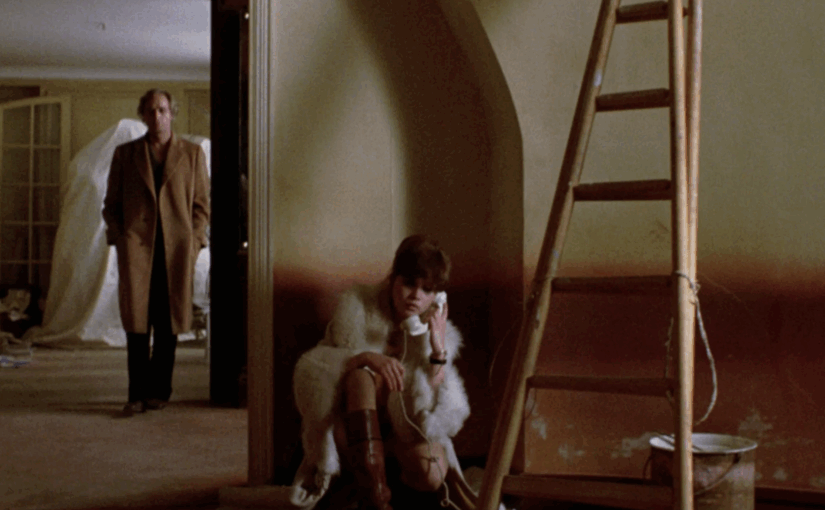
Last Tango in Paris (1972)
The anonymous affair which widower Paul and young actress Jeanne conduct makes for a warped power dynamic in Last Tango in Paris, and Bernardo Bertolucci is unafraid to plunge the crude depths of their precarious arrangement, prodding at raw, psychological wounds that explode with love, grief, and violent anger.
